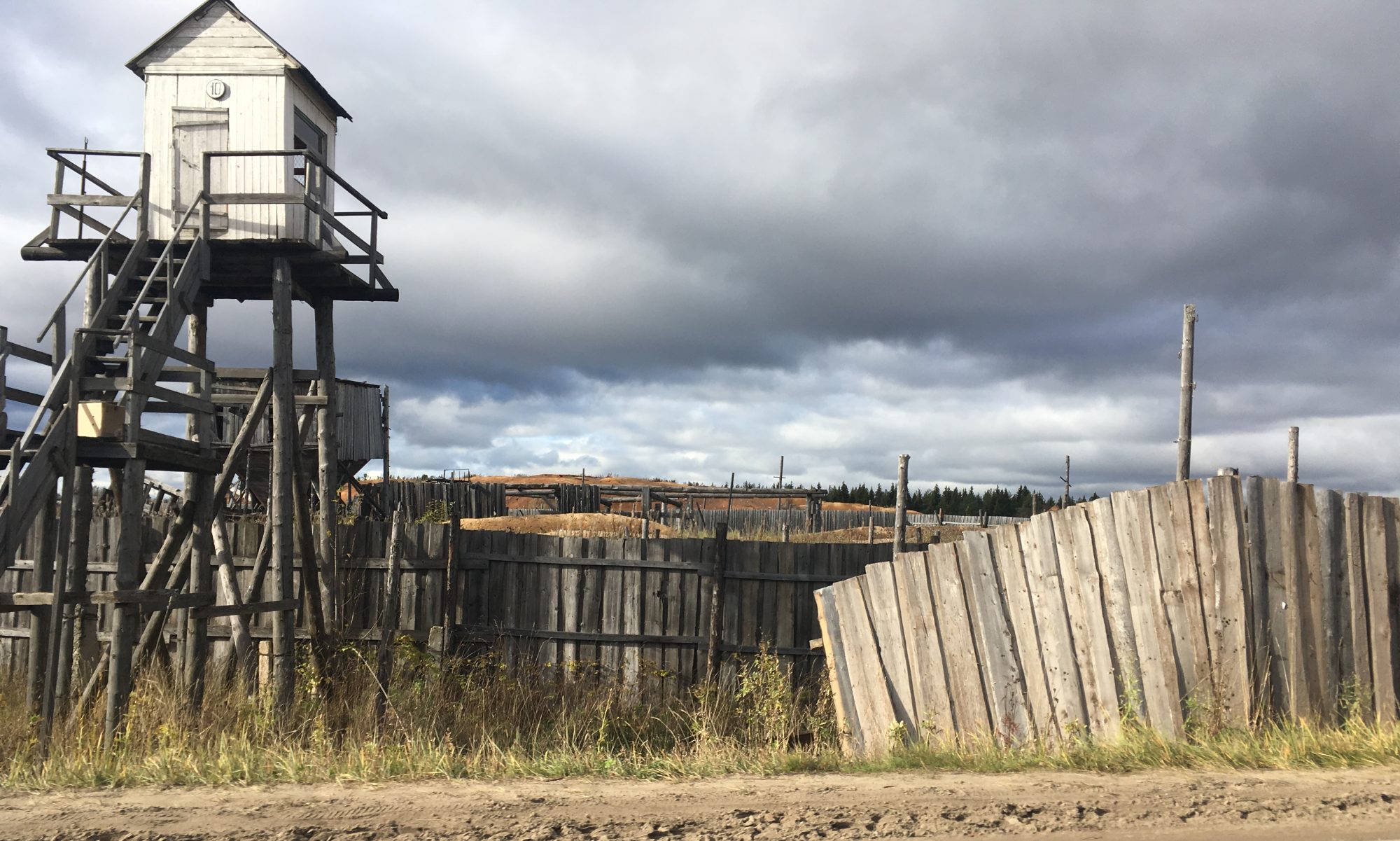In Early June Dr Curro returned from three weeks in Georgia in which she supervised the filming for the gulagechoes video. The deteriorating research environment in Russia over the past year meant that we had to abandon our previous plan to make a project video recording the experiences of ethnic minority former prisoners in FSIN’s facilities. We decided to shift the site of filming to Gorgia and focus of the video on ‘prison work’ in the late Soviet period. The late Soviet period in the USSR has been much neglected in research on the history of the Soviet prison system and we aim to use our film to begin to fill in the gap. During her previous field trips to Georgia, Dr Curro has worked in a settlement near Kutaisi that was host until the 1990s to a collection of correctional labour colonies developed to provide labour for the tea plantations. A majority of the older population in Khoni were associated with the correctional colony in some capacity and were prepared to share their reminisces about working in the Soviet prison system with our project.
